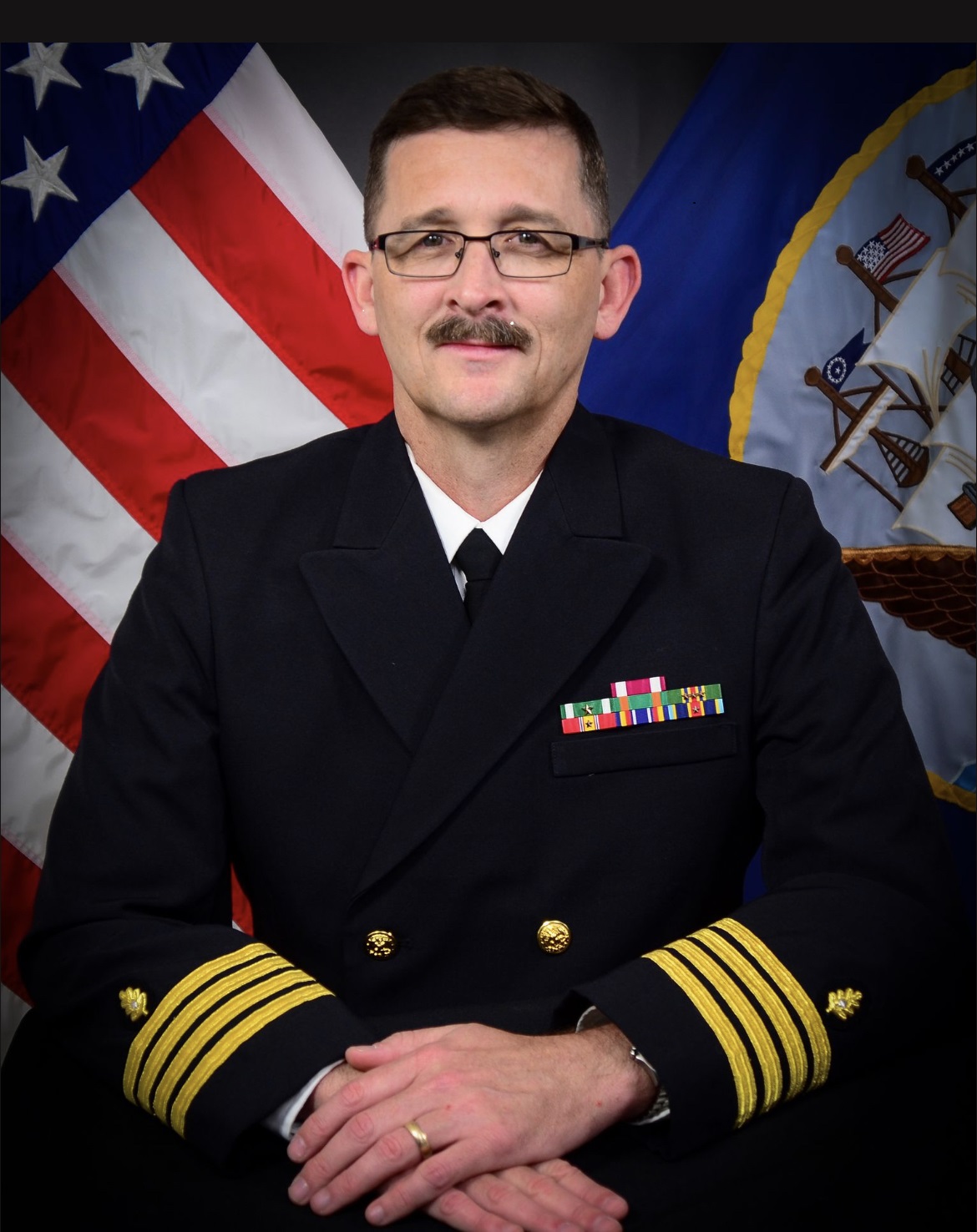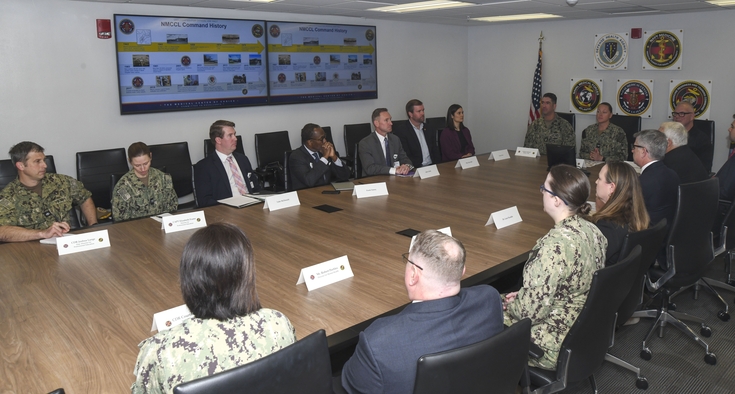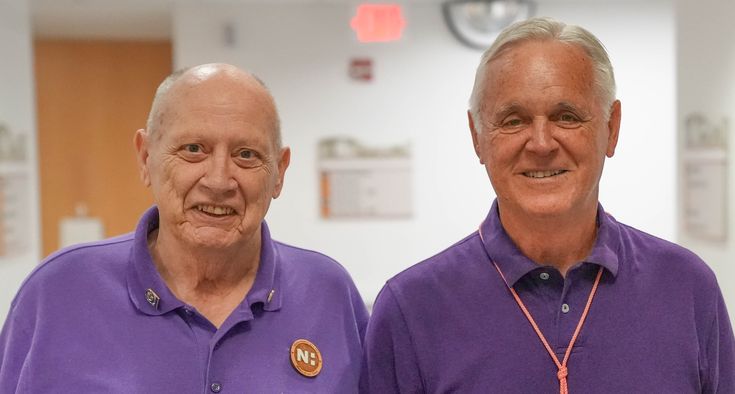Transitioning from military to civilian work life can be tough. But veterans bring skills that set them up for a strong second act that helps the organizations they work for.
Take Tash Beverly and Dr. Michael Sexton, two retired veterans whose experiences overseas prepared them for successful careers at Novant Health.
Beverly, a former Air Force education and training manager, today helps Novant Health leaders grow through professional development. And Sexton, a Navy veteran and OB-GYN who’s delivered babies on three continents brings that worldly experience to his clinic in Huntersville.
Veterans are trained to stay calm and navigate diverse needs with care, which means they show up as natural leaders. Those qualities, along with years of service abroad, helped prepare Sexton and Beverly for a promising return to the civilian workforce.
Get the best care for you and your family.
Tash Beverly, DMin
Current role: Senior leadership & organizational development consultant
Served: U.S. Air Force, 1985-2005 (retired)
Stationed: Japan, Alaska, Louisiana, Georgia
Hometown: Anderson, South Carolina
Children: Three sons, one daughter
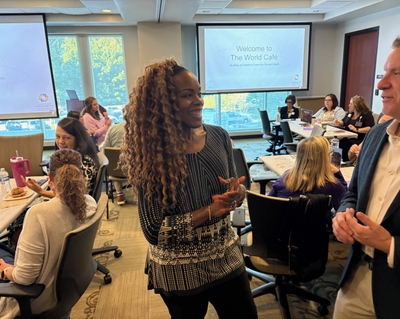
Tash Beverly lives by a three-word credo: enrich, equip and empower. And she’s training Novant Health directors and managers to do the same.
As a senior leadership consultant, Beverly draws from her years as an Air Force education and training manager to encourage people in leadership to be their best selves. It’s no surprise that professional development is a huge priority in both the military and the civilian workplace. And this is where Beverly thrives.
“Leaders come to me because they see a need or a gap,” said Beverly, who holds a doctorate in ministry and joined Novant Health in 2021. “Through career coaching and team building, I help them create solutions and develop the confidence to pursue and achieve those goals.”
Beverly remembers feeling stuck herself after graduating high school.
“I didn’t want to go straight to college because I didn’t know what I wanted to do,” she said. “And I didn’t want my parents spending their hard-earned money on me exploring.”
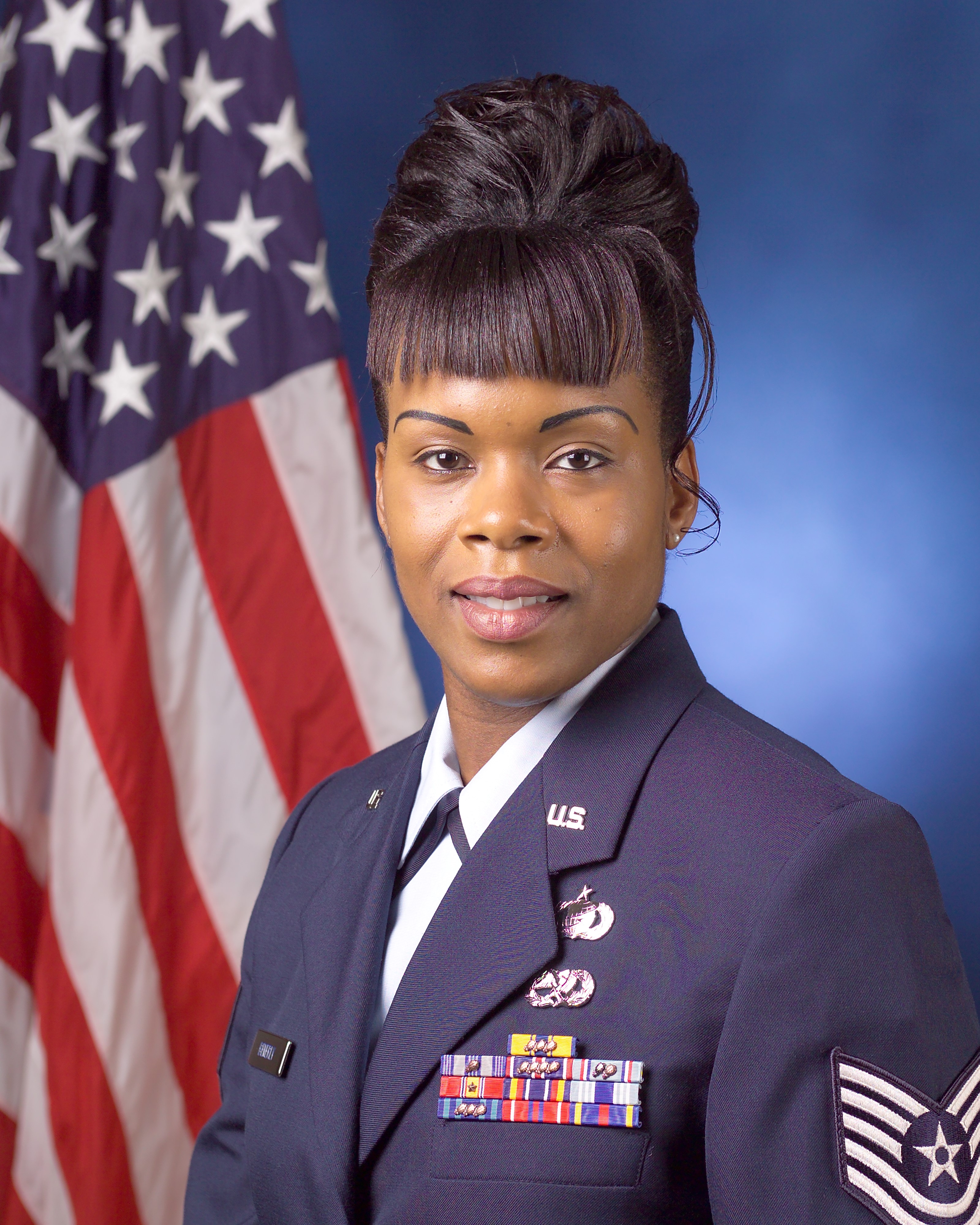
Instead, she and her mom spoke with an Air Force recruiter. Before she knew it, Beverly was working as a weapons systems specialist in Misawa, Japan, loading weapons onto fighter aircraft and repairing equipment.
But after a few years, she didn’t find the job fulfilling. While stationed in Alexandria, Louisiana, Beverly realized she wanted to motivate people in a new way. And that meant pursuing a specialty known as education and training.
The decision to essentially start over pushed Beverly to build her A-game as a trainer and educator as she returned to civilian life.
“When it comes to training people, one of the core things I learned in the military is how to build rapport,” Beverly said. “I lead with that as I encourage people to grow. When I see leaders experience that ‘aha moment,’ that fills my cup.”
Dr. Michael Sexton
Current role: OB-GYN, Novant Health Harbor Pointe OB/GYN - Huntersville
Served: U.S. Navy, 1998-2019 (retired)
Stationed: Cuba, Italy, Japan, Camp Lejeune
Hometown: Pensacola, Florida
Children: Two daughters, one son
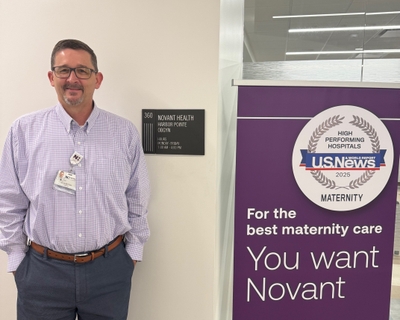
Even as a kid in the Florida panhandle, Mike Sexton couldn’t wait to become a doctor, join the Navy and see the world.
That dream took shape in college as Sexton shadowed a family physician. After witnessing childbirth for the first time, he said, “that’s the moment I knew I wanted to be an OB-GYN.”
Medical school was possible through the military’s Health Professions Scholarship Program. In return, Sexton owed the Navy four years of service. (He retired after 21 years.)
His first stop: Guantánamo Bay, Cuba. Sexton was the naval hospital’s only on-call OB-GYN for a year, where he treated active-duty American service members and their partners. Other assignments followed on bases in Sicily, Italy, and Okinawa, Japan.
Providing reproductive care abroad often meant working with patients who weren’t used to advocating for themselves or discussing gynecologic issues with a male doctor, Sexton said.
“Italy’s healthcare system does not involve a lot of informed consent or shared decision-making between the doctor and their patient,” he said. “That’s why I’m always working to put my patients at ease.”






